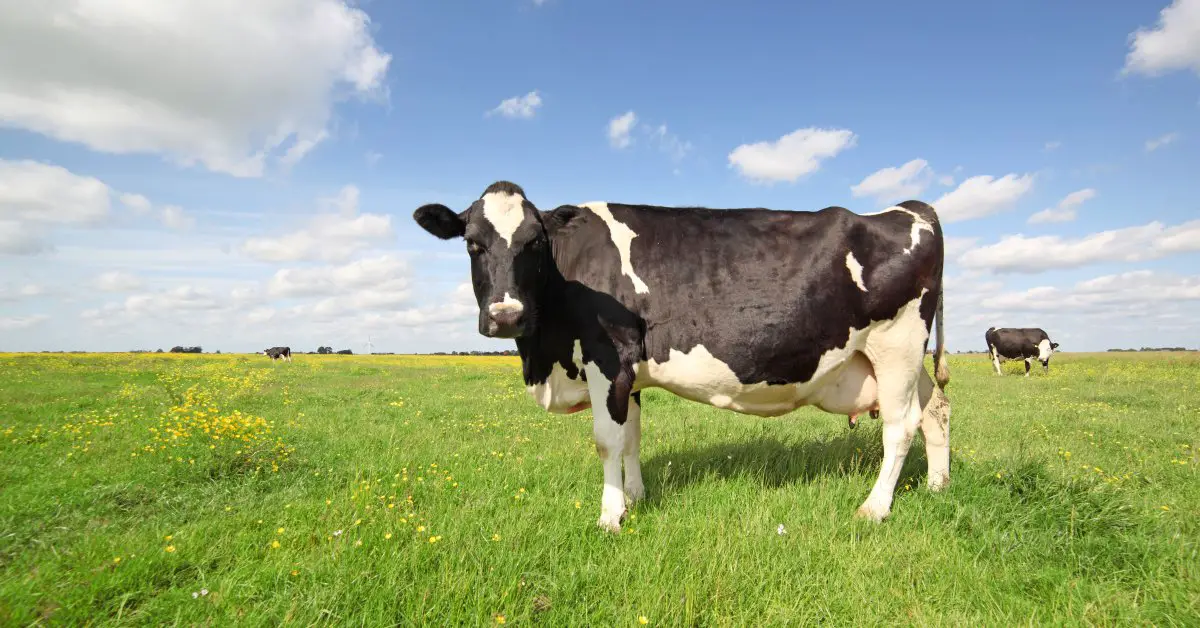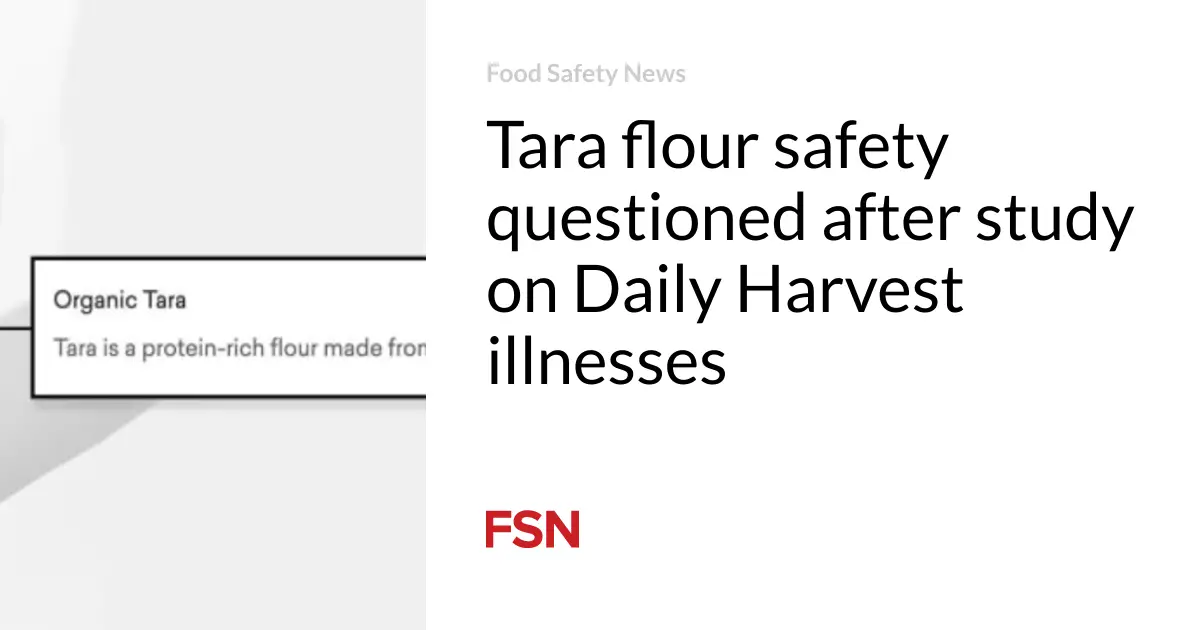
Fragments of the bird flu virus have been found in about one fifth of commercial milk samples tested in a U.S. nationally representative study, according to the Food and Drug Administration (FDA).
While the presence of traces of the virus in milk doesn’t necessarily indicate a risk to consumers, more tests are needed to confirm if intact pathogen is present and remains infectious, the FDA said in a statement on its website. That would determine “whether there is any risk of illness associated with consuming the product,” it added.
The initial study results offer a stark indication of how quickly a virus that has killed millions of birds globally is spreading among U.S. dairy cows, raising health and food security woes while spooking markets.
Read More: Is It Safe to Eat Eggs and Chicken During the Bird Flu Outbreak?
The FDA said there’s a higher proportion of positive tests coming from milk in areas with infected herds. The U.S. Department of Agriculture has confirmed 33 infected herds in eight states including Texas, Kansas, Michigan, and Ohio. On Wednesday, the USDA implemented mandatory testing of dairy cows moving across state borders as part of efforts to understand the extent of the outbreak and contain the virus.
Authorities have reaffirmed that the risk to humans remain low. So far this year, the U.S. has only identified one person who has been infected—and there’s been no human-to-human transmission. The person, who had direct contact with contaminated cattle, experienced only minor symptoms and was treated with Tamiflu.
“To date, the retail milk studies have shown no results that would change our assessment that the commercial milk supply is safe,” FDA said.








